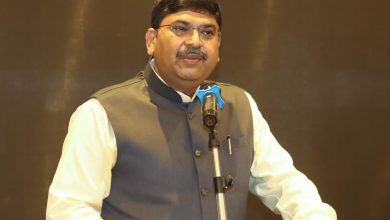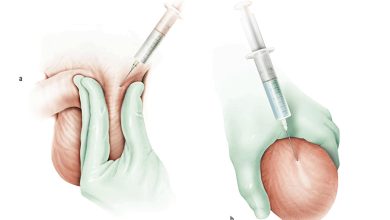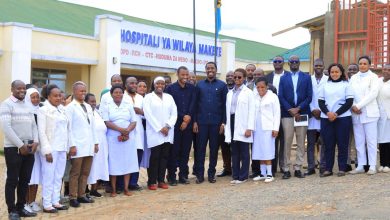Indian surgeons push for stronger Africa-India medical ties

DAR ES SALAAM: RENOWNED Indian surgeons Dr Rakshith Srinivasa and Dr Anandathirtha Hassan have underscored the need for deeper collaboration and knowledge-sharing between Indian and African medical institutions.
They highlighted vast opportunities for capacity building, specialist training and the exchange of clinical expertise, particularly in the fields of neurosurgery and cardiac care.
The two specialists made their remarks following a recent visit to several healthcare facilities across the country, including the Jakaya Kikwete Cardiac Institute (JKCI).
Speaking during a media briefing at the Tanzania Media Women’s Association (TAMWA), Dr Rakshith Srinivasa, a neurosurgeon at Medical College and Hospital in Karnataka one of India’s largest private hospitals said that India’s advancements in minimally invasive neurosurgery and functional neurological care could support African healthcare systems in addressing complex medical needs.
“There’s a significant opportunity for collaboration between our regions. By sharing expertise in advanced surgical techniques such as endoscopic skull base surgery and minimally invasive spine procedures, we can help African institutions expand specialist care and improve patient outcomes,” he said.
ALSO READ: Govt eyes bold UHC rollout
He underscored that institutional partnerships could accelerate skills transfer and collaborative research, especially in cardiac care.
“In India, we manage patients across all age groups, including complex surgeries involving the aorta and heart transplants. These procedures demand not just technology, but specialised human capacity something we can build together through training and institutional cooperation,” he said.
Dr Srinivasa expressed optimism that African and Indian health systems can work together to build a mutually beneficial partnership rooted in innovation and shared commitment to quality care.
“Our common goal is to build patient-centred systems that are resilient, inclusive and prepared for the future,” he said.
On his part, Dr Hassan stressed the urgent need to build a healthcare system that is equitable, affordable and future-ready one that balances cutting-edge medical innovation with robust primary healthcare.
“While advanced procedures like robotic transplants and intraoperative MRIguided brain surgeries are transforming care, the true strength of a national health system lies in its ability to prevent disease, manage chronic conditions early and deliver essential services to all,” he said.
He urged greater collaboration between public and private sectors to strengthen the foundations of health systems.
“The future of healthcare doesn’t depend solely on our ability to perform the most complex surgeries. It also depends on our capacity to keep populations healthy through prevention, affordable diagnostics, skilled human resources and the smart integration of advanced technologies,” he said.





